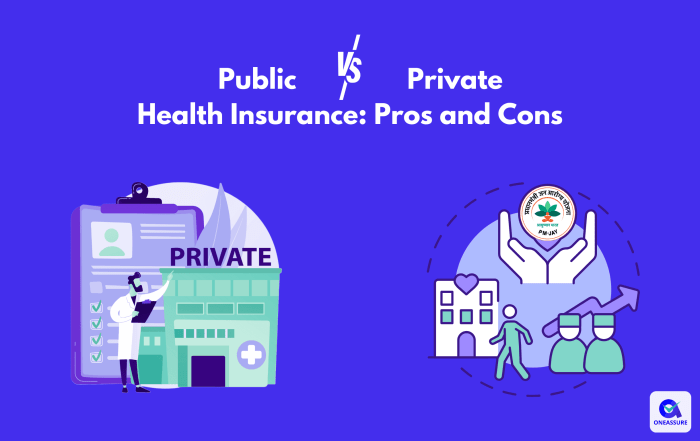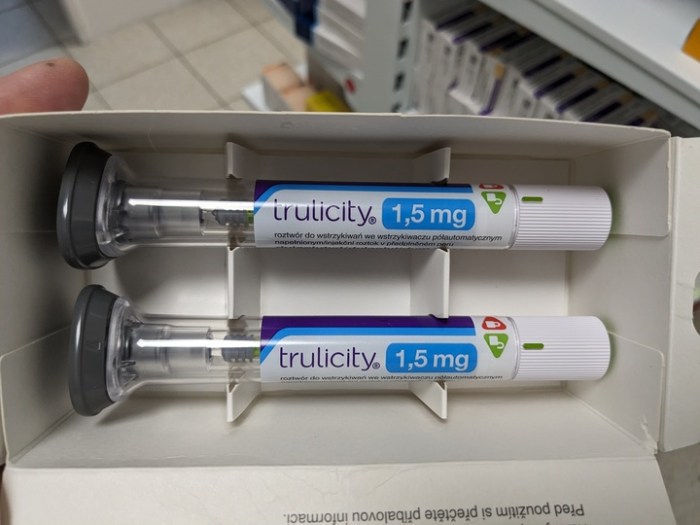Comparing Private Health Cover vs Public Healthcare
When it comes to healthcare options, the choice between private health cover and public healthcare can be a crucial decision that impacts individuals and families. Let's delve into the differences, costs, coverage, and quality of care in this comprehensive comparison.
Private Health Cover vs Public Healthcare
When it comes to healthcare options, individuals often have to choose between private health cover and public healthcare. Each option comes with its own set of features and considerations.
Key Features of Private Health Cover
- Private health cover is provided by private insurance companies.
- It offers a range of benefits such as shorter wait times for elective procedures.
- Individuals have the flexibility to choose their preferred doctors and hospitals.
- Additional services like dental and optical care may be included in the coverage.
Advantages of Private Health Cover
- Quicker access to specialist care and elective surgeries.
- More control over choice of healthcare providers.
- Access to additional services not covered by public healthcare.
- Possibility of private room accommodation in hospitals.
Disadvantages of Private Health Cover
- Costly premiums that may not be affordable for everyone.
- Exclusions and limitations in coverage, leading to out-of-pocket expenses.
- Complex policies and varying levels of coverage can be confusing to navigate.
Key Features of Public Healthcare
- Public healthcare is funded and run by the government, providing services to all residents.
- It is generally free at the point of use, funded through taxes.
- Priority is given to emergency care and essential medical services.
- Wait times for non-urgent procedures can be longer compared to private healthcare.
Advantages of Public Healthcare
- Universal access to essential healthcare services regardless of income.
- No additional costs at the point of care for most services.
- Government regulations ensure a certain standard of care across the board.
- Shared cost burden among taxpayers, making it more equitable.
Disadvantages of Public Healthcare
- Longer wait times for non-urgent procedures and specialist appointments.
- Limited choice in healthcare providers and treatment options.
- Shortages of resources leading to overcrowded hospitals and clinics.
Cost Factors

When comparing private health cover to public healthcare, a critical aspect to consider is the cost implications associated with each option. Understanding the out-of-pocket expenses and how they influence individuals' decisions is essential in making an informed choice for healthcare coverage
Private Health Cover Costs
- Private health cover typically involves monthly premiums that vary based on the level of coverage and provider.
- Additional costs may include co-payments, deductibles, and annual limits on benefits.
- Out-of-pocket expenses for services not covered by the policy can add up quickly.
- While private health cover offers more comprehensive coverage, it comes at a higher cost compared to public healthcare.
Public Healthcare Costs
- Public healthcare is funded through taxes and provides essential services free of charge or at a minimal cost to individuals.
- While public healthcare is more affordable, wait times for certain procedures and services can be longer.
- Out-of-pocket expenses in the public healthcare system are generally lower, but individuals may opt for private care to avoid wait times or access specialized treatments.
- Individuals may still incur costs for medications, allied health services, or elective procedures not covered by public healthcare.
Coverage and Services
Private health cover plans and public healthcare services differ significantly in terms of coverage and services offered to individuals. Private health cover plans typically offer more extensive coverage for a wide range of medical services compared to public healthcare.
Specific Services Covered
- Private health cover plans often cover services such as dental care, vision care, physiotherapy, and alternative therapies, which may not be covered under public healthcare.
- Public healthcare services usually focus on essential medical services such as doctor visits, hospital stays, and emergency care.
Access to Specialized Services
- Private health cover plans provide quicker access to specialized services like elective surgeries, diagnostic procedures, and specialist consultations due to shorter wait times.
- Public healthcare may have longer waiting lists for specialized services, leading to delays in accessing necessary treatments.
Quality of Care
In evaluating the quality of care provided by private health cover providers versus public healthcare institutions, it is essential to consider various factors that contribute to the perceived quality of care in each setting. Patient satisfaction rates and outcomes also play a significant role in determining the overall quality of care.
Factors Influencing Quality of Care
- Staffing levels and expertise: Private health cover providers often have lower patient-to-staff ratios and access to specialized medical professionals, leading to more personalized care and treatment.
- Facilities and resources: Private healthcare institutions typically have state-of-the-art equipment and facilities that can enhance the overall patient experience and treatment outcomes.
- Wait times and access to care: Private health cover usually offers shorter wait times for appointments, tests, and procedures, leading to quicker diagnosis and treatment.
Patient Satisfaction and Outcomes
- Studies have shown that patients with private health cover tend to report higher levels of satisfaction with their overall healthcare experience compared to those relying solely on public healthcare.
- Improved outcomes, such as lower infection rates, reduced readmission rates, and better long-term health management, are often observed in patients receiving care through private health cover providers.
Summary
As we wrap up our discussion on Comparing Private Health Cover vs Public Healthcare, it's evident that each option has its own set of advantages and disadvantages. Ultimately, the decision boils down to personal preferences, needs, and financial considerations. Understanding these nuances can help individuals make informed choices regarding their healthcare.
FAQ
Is private health cover more expensive than public healthcare?
Private health cover can be more costly upfront, but it often provides more comprehensive coverage and faster access to services compared to public healthcare.
Are all medical services covered under private health cover?
No, not all medical services may be covered under private health cover. It's essential to review the policy details to understand what is included and excluded.
How does patient satisfaction compare between private health cover and public healthcare?
Generally, patient satisfaction rates tend to be higher with private health cover due to shorter wait times, personalized care, and access to a wider range of services.



